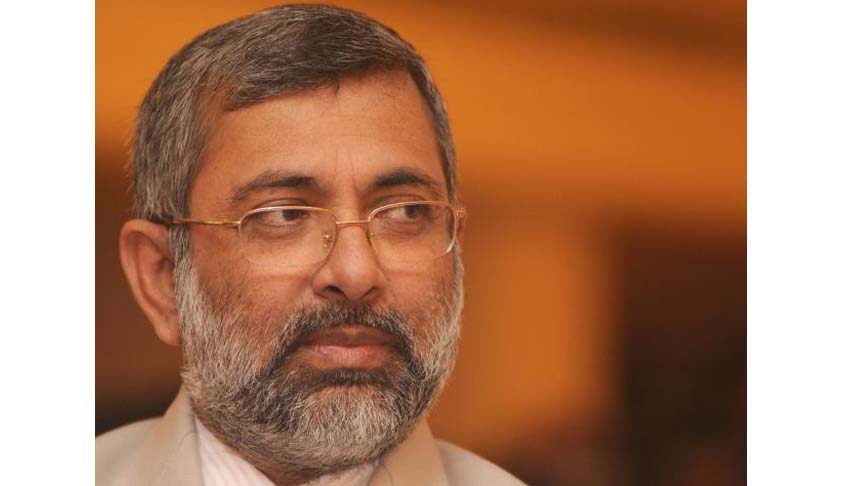Justice Kurian Joseph seeks clarity on the ‘Constitutional role of Chief Justice of India’
LIVELAW NEWS NETWORK
18 July 2015 1:02 PM IST

Next Story
18 July 2015 1:02 PM IST
Justice Kurian Joseph, one of the five Judges on the NJAC Constitution Bench, sought clarification from the Government regarding the Constitutional role of the Chief Justice of India.According to Krishnadas Rajagopal’s report in The Hindu , responding to the query on whether the Chief Justice is actually the 'Chief Justice of India' or the 'Chief Justice of the Supreme Court of...
